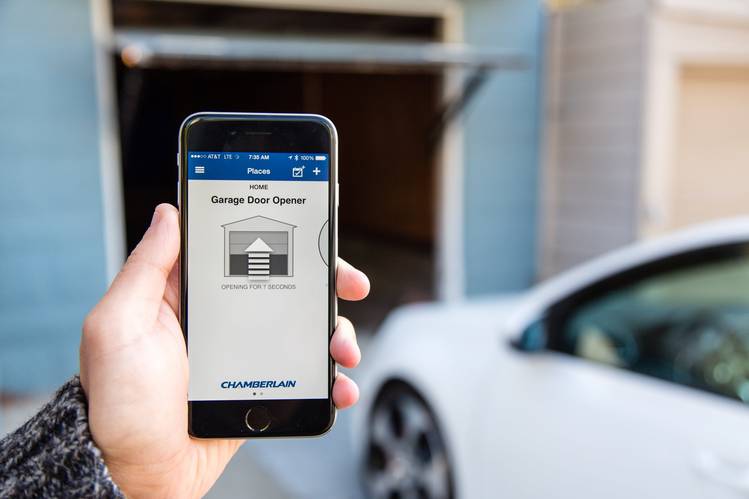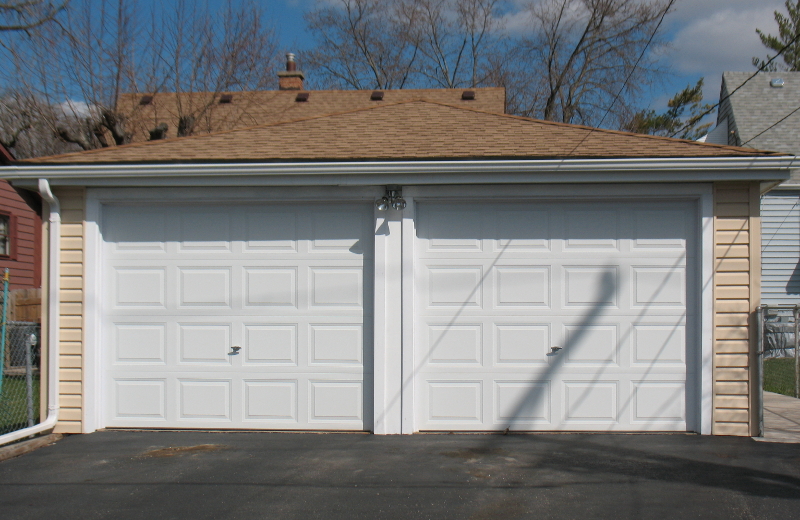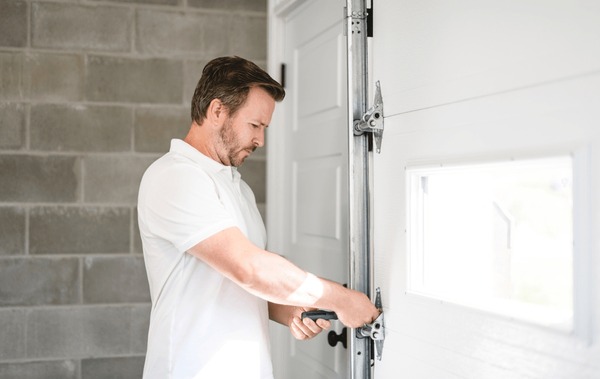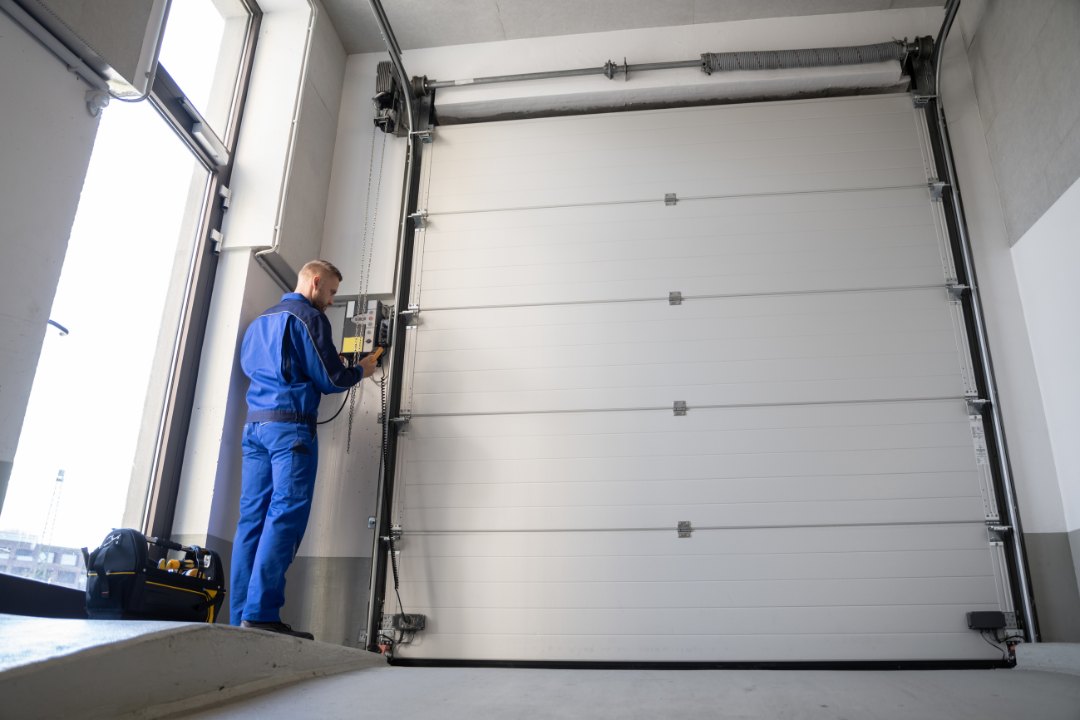In today’s fast-paced world, convenience often takes precedence over security. This is evident in the way many homeowners handle their garage door access. The idea of sharing your garage door code with family, friends, or service personnel may seem harmless at first, but it comes with its own set of risks. In this article, we’ll explore the potential dangers of sharing your garage door code and provide tips to safeguard your home.

Why Sharing Garage Door Codes is Common
Sharing garage door codes is often seen as a simple solution for granting access to various individuals without the need for additional keys or remote controls. For instance, families may share the code with children who come home from school before parents, or with trusted neighbors who can check on the house during vacations. However, while this method is undeniably convenient, it also opens the door to numerous risks.
The Risks of Shared Garage Door Codes
Unauthorized Access
One of the most significant shared garage door code risks is unauthorized access. When multiple people know the code, the likelihood of it being shared further increases. This means that individuals you may not know or trust could gain access to your home. To understand more about how intruders might exploit garage doors, check out this article on how burglars break into garages.
Security Breaches
With technology advancing rapidly, criminals are becoming more adept at bypassing garage door security systems. They might use sophisticated methods to hack the code or intercept the signal from a remote control. This makes it imperative for homeowners to stay informed about the latest garage security measures. For more information, visit this guide to garage door security for homeowners.
Liability Issues
Sharing your garage door code can also lead to liability issues. If someone is injured while on your property, the fact that you provided them access could complicate matters. It’s crucial to be aware of who has access to your home and to have clear agreements in place regarding their use of your property.
How to Mitigate the Risks
Regularly Change Your Code
One of the simplest ways to enhance garage security is to change your garage door code regularly. This reduces the risk of unauthorized access and ensures that only trusted individuals have the current code.
Invest in Smart Garage Door Openers
Smart garage door openers provide an additional layer of security by allowing you to monitor and control your garage door remotely. These devices often come with features such as real-time alerts and activity logs, enabling you to keep track of who accesses your garage. Learn more about the benefits of these systems by reading about garage door opener hacking methods.
Limit Code Sharing
Be selective about who you share your garage door code with. Ensure that only trusted individuals have access, and remind them of the importance of keeping the code confidential.
Advanced Security Measures
Install a Security Camera
Installing a security camera in your garage can deter potential intruders and provide valuable evidence if a security breach occurs. Ensure that the camera covers all entry points and offers clear footage.
Implement Two-Factor Authentication
Two-factor authentication (2FA) adds an extra layer of security by requiring a secondary form of verification, such as a fingerprint scan or a one-time password sent to your phone. This can significantly reduce the risk of unauthorized access.
Use Impact-Resistant Doors
Consider upgrading to impact-resistant garage doors, which are designed to withstand forceful entry attempts. These doors are typically made from durable materials and provide enhanced security compared to standard garage doors. For more details, visit this page on impact-resistant garage doors.
Conclusion
While sharing your garage door code may seem convenient, it’s essential to weigh the potential risks against the benefits. By taking proactive steps to secure your garage, you can protect your home and loved ones from unauthorized access and other security threats. Remember, the key to a safe home lies in staying informed and being vigilant about who has access to your property.

Frequently Asked Questions (FAQ)
1. How often should I change my garage door code?
It’s recommended to change your garage door code every three to six months, or sooner if you suspect it has been compromised.
2. Are smart garage door openers more secure?
Yes, smart garage door openers offer enhanced security features such as remote monitoring, real-time alerts, and activity logs, making them a more secure option compared to traditional openers.
3. Can I install a security camera myself?
While some security cameras are designed for DIY installation, it may be beneficial to hire a professional to ensure optimal placement and functionality.
This article contains affiliate links. We may earn a commission at no extra cost to you.








